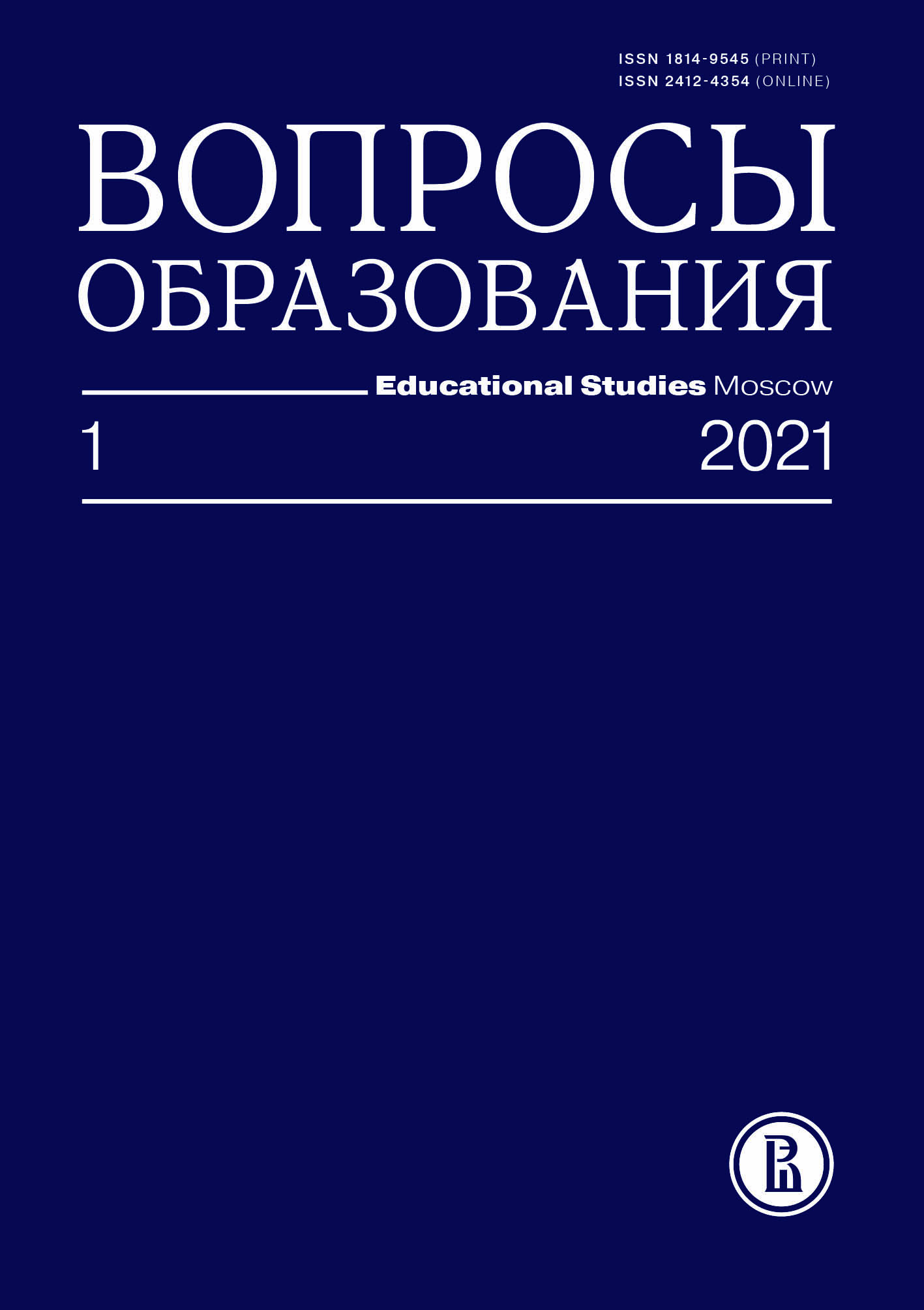Особенности психологического стресса у учителей в условиях дистанционного преподавания во время пандемии COVID‑19
Аннотация
По данным современных исследований, учителя подвержены стрессу больше, чем представители многих других профессий. С целью изучения особенностей психологического стресса и способов совладания с ним в условиях резкого перехода на дистанционное преподавание из-за пандемии COVID‑19 проведены полуструктурированные интервью с 14 учителями из разных регионов России. При дистанционном обучении перед учителями встает задача реализовывать образовательную программу, несмотря на собственные тревоги, вызванные пандемией, эмоционально поддерживать учеников, стимулировать их мотивацию к учебе. Факторами, усиливающими стресс у преподавателей, судя по результатам интервью, являются отсутствие или недостаточная поддержка со стороны администрации школы, существенно возросшая рабочая нагрузка, обусловленная необходимостью искать новые средства преподавания и подготовки материалов с учетом дистанционного формата, увеличившимся объемом коммуникации с учениками и их родителями, ростом количества домашних заданий для проверки. Специфическим для исследуемой ситуации фактором стресса является новый формат работы из дома и изменившийся баланс рабочего и личного времени. Наиболее распространенные стратегии совладания со стрессом и уменьшения его последствий — поиск в происходящем позитивного смысла и/или новых возможностей, общение с близкими, обращение за помощью к коллегам, физическая активность, хобби.








